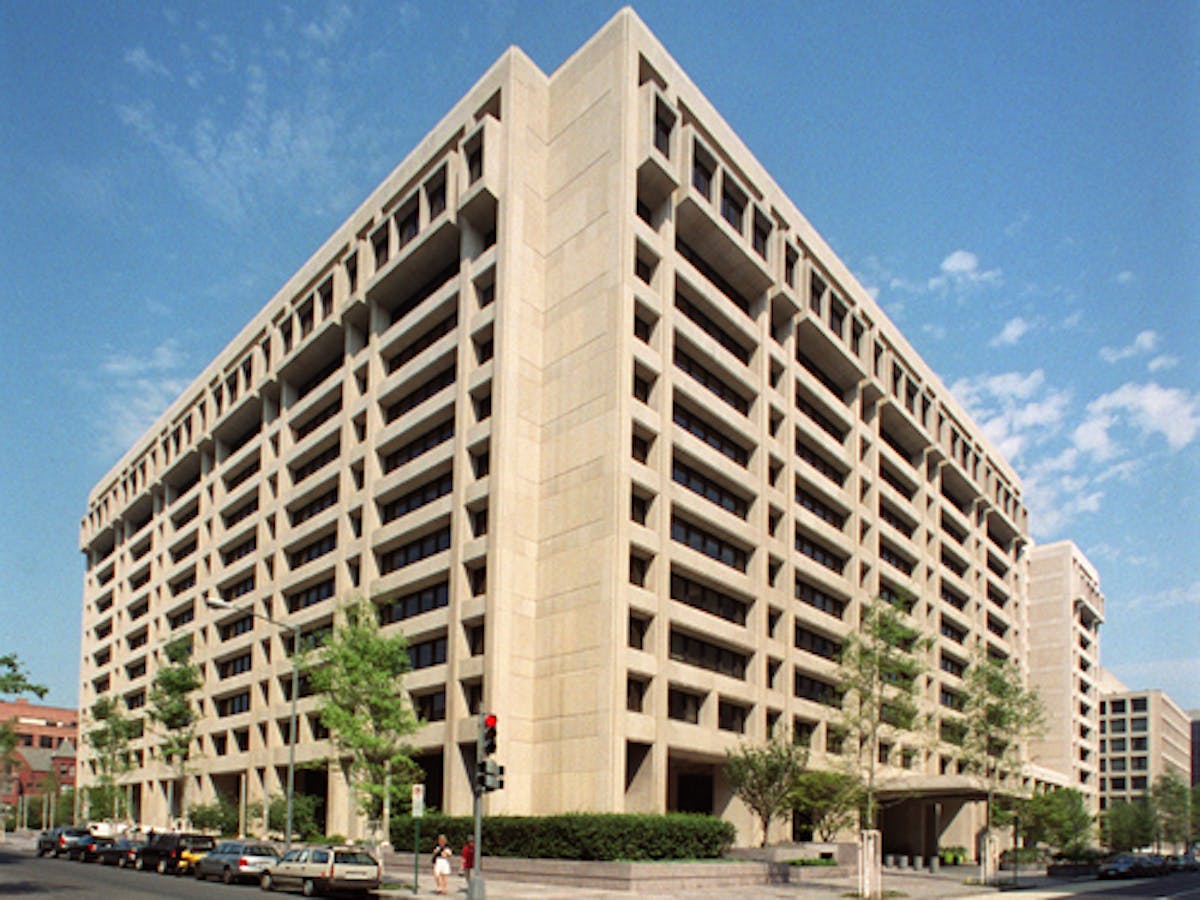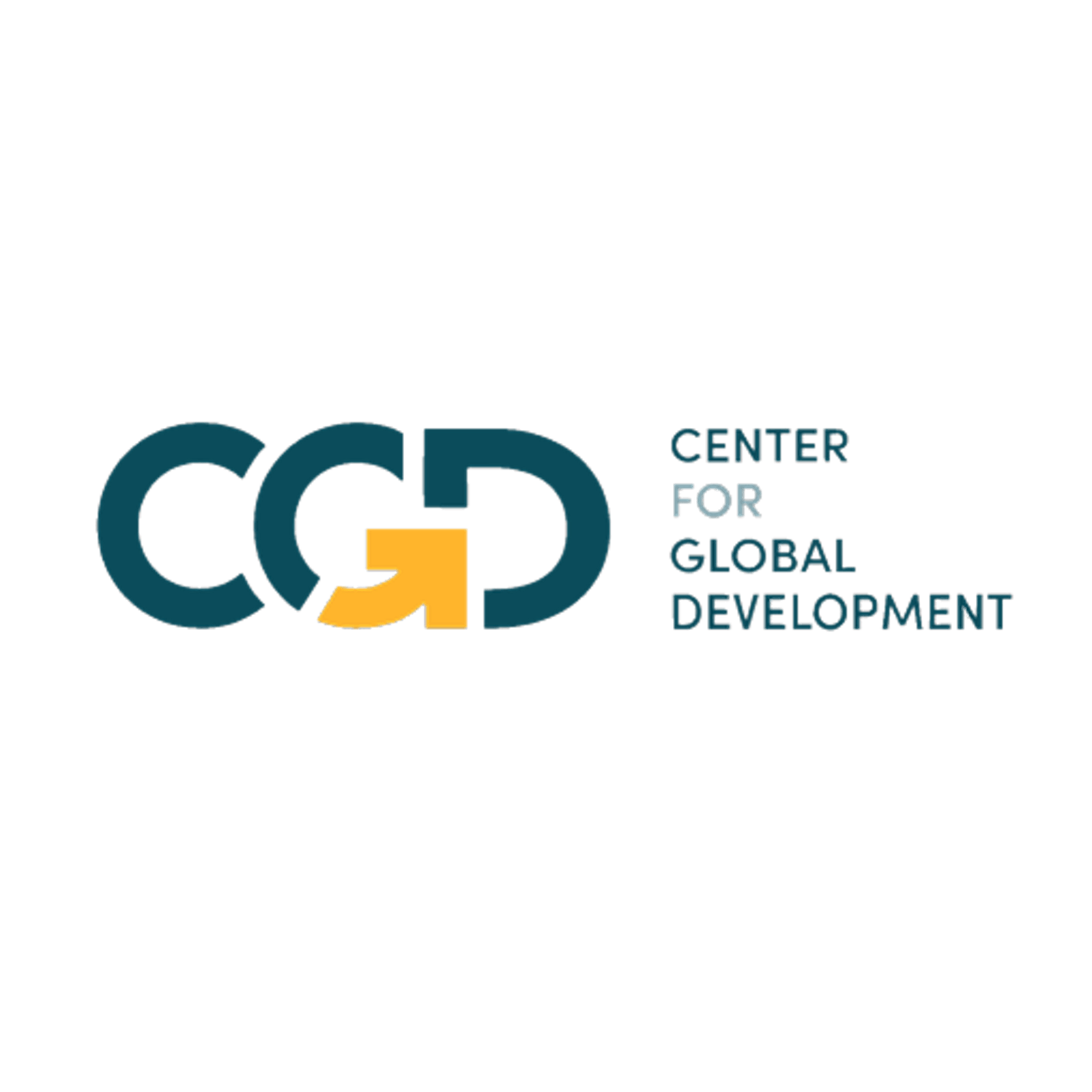While those lucky enough to live in the United States or Europe fret about the extra weeks before their vaccine jab is scheduled, 6 billion people in developing countries will need to wait months, if not years. COVID-19 vaccine production lags far behind demand, and one reason why developing countries find themselves at the back of the queue is that they were unable collectively to make the firm financial offers for advance purchases when these vaccines were still in the making. COVAX, a cooperative international mechanism to buy vaccines for these countries, was set up last June but lacked the financing to make large enough advance purchases. As a result, global production was not ramped up quickly enough and developing countries were disproportionately impacted.
It was a welcome development to see nearly two dozen world leaders call for a pandemic preparedness treaty last week. More urgently and practically, we propose tapping into the underutilized financial firepower of the International Monetary Fund—an institution with a $1 trillion lending capacity that was set up precisely to deal with global financial crises. By introducing a Vaccine Financing window in its existing rapid financing facility, the IMF could provide fast access to $30 billion—only 3 percent of its lending capacity—an amount that, at $10 person, would cover the total cost of vaccines for the entire population of most developing countries (excluding India and China, which are both able to produce and finance the vaccines they would need for any pandemic). In practice, the amounts that countries borrow from this special window would be less because they might use their own resources or, for the poorest countries, donor countries may offer to purchase the vaccines on their behalf. But the ability to draw upon this funding quickly and to commit it as part of any future cooperative international scheme to buy vaccines would level the playing field in a way that global leaders have singularly failed to do during this crisis.
The traditionalists in the finance world will protest that the IMF is there to deal with financial crises not pandemics or vaccines. But the obstacle to early access to vaccines is very much an economic and finance concern. As the IMF’s own analysis shows, delay in vaccinating the world will slow global growth and increase financial vulnerabilities; a study by NBER authors finds the global economy could experience losses of over $9 trillion if poorer countries are left behind. As the IMF Managing Director Kristalina Georgieva has said when trying to limit the fiscal and financial consequences of a pandemic, “vaccine policy is economic policy.”
Others will point out that borrowed money for vaccines must be paid back, even if it is lent on the very attractive terms that the IMF would use for such a program. Our response is that for the poorest or most heavily indebted countries, donors could—indeed should—step in and offer to provide grants to offset the repayment of these loans. The point here is to ensure that vaccine orders for these countries are not pushed back while they wait for enough donor money to be mobilized on their behalf.
Of course, financing is not the only problem that we need to resolve. Creating an effective capacity to accelerate the development, production, and distribution of vaccines is a complex project involving changes in the way we organize and fund scientific research and development, enable sufficient manufacturing facilities and build more effective in-country distribution networks. At the same time, we must also invest in better testing and tracing capabilities and therapeutics. But without prompt access to financing, developing countries will be dealing with this and future pandemics with one hand tied behind their back.
Creating a Vaccine Financing window in the IMF’s rapid financing facilities would require a broad consensus amongst its 190 members. The US is the largest shareholder in the institution and the G20 countries represent two-thirds of voting power. With their support, and the likely support of many others who would hope to benefit from this option in future pandemics—or in resolving the present one—this new instrument could be in place quickly. Getting it up and running now will be an important source of comfort at a time when developing countries in particular are beset with an uncertain future.

